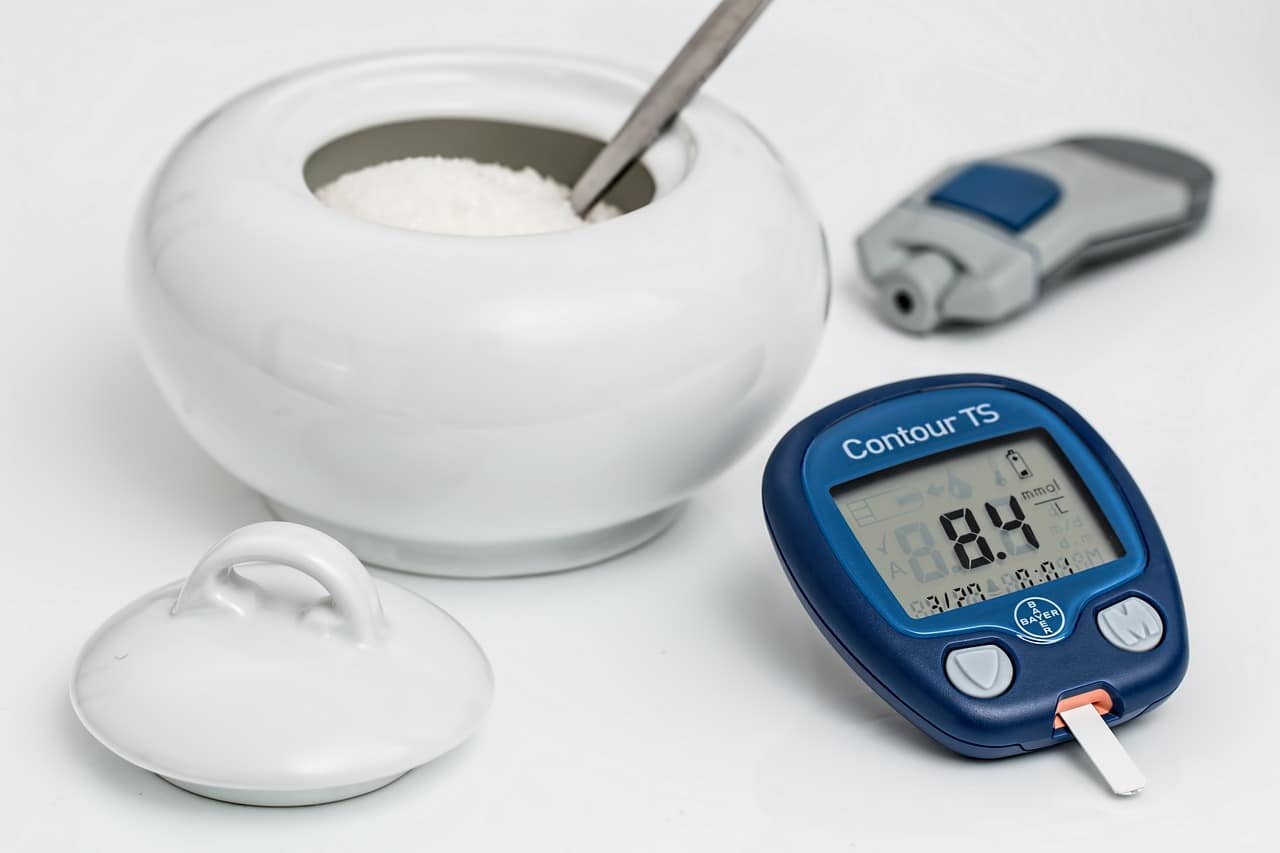How to Effectively Manage Blood Sugar Levels in Diabetes?

For many people navigating the challenges of diabetes, controlling blood sugar levels can sometimes seem like a formidable task. However, by gaining a clear understanding of insulin, glucose, exercise, and diet, it becomes less daunting. This entails a comprehensive approach that encompasses not just medication, but lifestyle modifications as well. Let’s delve deeper into each of these areas and shed light on how you can better manage your blood sugar levels.
Understanding Blood Sugar in Relation to Diabetes
Understanding the relationship between blood sugar and diabetes is critical to managing the condition effectively. Blood sugar, also known as glucose, is the main source of energy for the body’s cells. The hormone insulin helps the glucose from food get into your cells.
Avez-vous vu cela : Can Mind-Body Therapies Effectively Complement Cancer Treatment and Survivorship Care?
People with diabetes have problems with insulin. In type 1 diabetes, the body doesn’t make enough insulin. In type 2 diabetes, the body doesn’t make or use insulin well. This leads to high levels of glucose in the blood, which can create health problems over time if not controlled.
The Role of Regular Health Checks
Regular health checks are crucial for managing diabetes and avoiding complications. These checks include not just blood sugar levels, but also blood pressure and cholesterol levels.
Sujet a lire : How to Improve Gut Health in Irritable Bowel Syndrome (IBS)?
High blood pressure can increase your risk for heart disease, a common complication of diabetes. Regular checks can help identify any issues early and make necessary adjustments to your care plan. As for cholesterol, people with diabetes are more likely to have unhealthy cholesterol levels. Keeping them in check also reduces the risk of heart disease.
The Importance of Diet in Blood Sugar Management
The food you eat directly impacts your blood sugar levels. Each type of food has a different effect on your glucose levels, and understanding this can help you manage your diet effectively.
Carbohydrates, for instance, have the most significant impact on your blood sugar levels. The Mayo Clinic recommends that people with diabetes monitor their carbohydrate intake to keep their glucose levels in control. Foods high in fiber, such as fruits, vegetables, and whole grains, are also recommended as they help slow the rise in blood sugar levels after meals.
Exercise: A Powerful Tool for Blood Sugar Control
Regular physical activity is another key component in the journey to manage your diabetes. Exercise increases insulin sensitivity, which means your body’s cells are better able to use any available insulin to take up glucose during and after activity.
Walking, cycling, swimming, and even gardening are all effective forms of exercise that can help lower your blood sugar levels. It’s important to check your blood sugar before, during, and after physical activity, especially if you take insulin or medications that can cause low blood sugar.
Medication and Insulin Therapy
Medication is a vital part of the equation for many people with diabetes. Depending on the type of diabetes and its severity, your doctor may prescribe medication or insulin therapy to help control your blood sugar levels.
Insulin comes in different types, and the one you use will depend on your unique health needs. For example, rapid-acting insulin starts to work shortly after you take it. Long-acting insulin, on the other hand, works for a full day. You may need to take insulin more than once a day, or use a pump that delivers a constant supply.
Remember, managing diabetes is a lifelong commitment. But with the right knowledge, care, and lifestyle changes, it is possible to effectively manage your blood sugar levels and maintain your health.
The Role of Your Care Team in Blood Sugar Management
It is almost impossible to overstate the importance of your care team in the effective management of diabetes. This team commonly consists of your primary care physician, an endocrinologist, a dietitian, a diabetes educator, a podiatrist, and an ophthalmologist.
Your primary care physician is often the one to initially diagnose your diabetes and remains a central figure in ongoing management. They monitor your overall health, manage your medications, and coordinate with your other health care professionals.
An endocrinologist is a doctor who specializes in hormonal disorders like diabetes. They are often tasked with managing complex cases of type 1 or type 2 diabetes, particularly when blood sugar levels are difficult to control.
A dietitian can provide vital guidance on food choices, serving sizes, and meal timing to help keep your blood glucose levels in check. Remember that the food you eat directly impacts your blood sugar. Therefore, understanding how different types of food affect blood glucose is a crucial part of managing diabetes.
Diabetes educators can help you understand and manage your diabetes by teaching you the skills necessary to control your blood sugar level. They may educate you on monitoring your glucose levels, taking diabetes medicines, and developing coping strategies.
Podiatrists and ophthalmologists play essential roles in preventing and treating diabetes-related complications such as foot problems and eye diseases. Regular checks with these specialists are part and parcel of comprehensive diabetes care.
Monitoring and Adjusting: A Continuous Process
Managing blood sugar is not a set-it-and-forget-it type of endeavor. It involves regular monitoring of your sugar levels and making necessary adjustments to keep them within your target range.
Having a glucose meter at home allows you to check your blood sugar levels at any time. It’s particularly crucial to monitor your glucose levels before meals and before you go to bed. Adjustments to your diet or medications may be needed based on these readings.
Apart from self-monitoring, A1C tests conducted by your health care provider give an overview of your average blood sugar levels over the past two to three months. These tests should be done at least twice a year, but more frequent testing may be necessary if your therapy changes or if you are not meeting your blood sugar goals.
Regular monitoring not only helps you understand how different factors like food, physical activity, and stress affect your blood sugar but also empowers you to respond accordingly and promptly.
Conclusion
Diabetes is a complex condition that requires careful and consistent management. Although it may seem challenging, understanding the intricacies of blood sugar regulation, coupled with the involvement of a dedicated care team, can help you navigate this journey more efficiently. Regular health checks, a balanced diet, regular exercise, appropriate medication, and continuous monitoring are all crucial elements of effective diabetes management.
Remember, managing diabetes is indeed a lifelong commitment. However, armed with the right knowledge and a reliable health care team, you can effectively manage your blood sugar levels and lead a healthy life. As the Mayo Clinic reiterates, diabetes care is not just about controlling blood sugar but about implementing lasting changes that enhance your overall wellbeing and quality of life.
